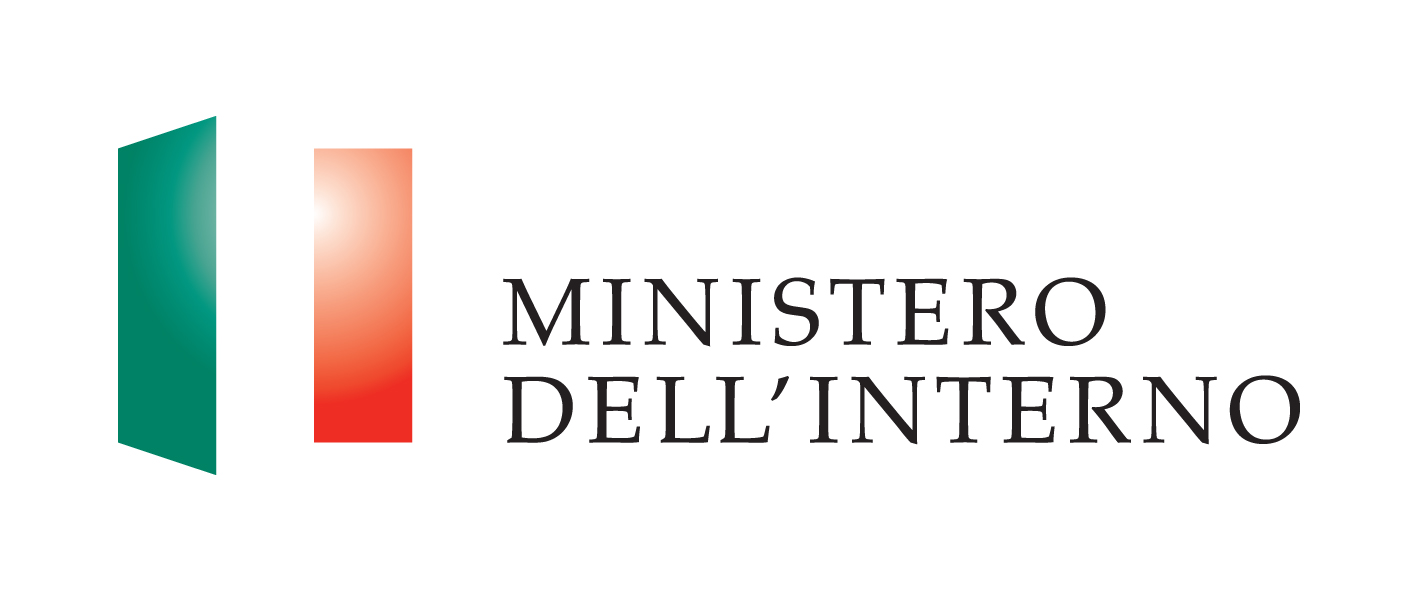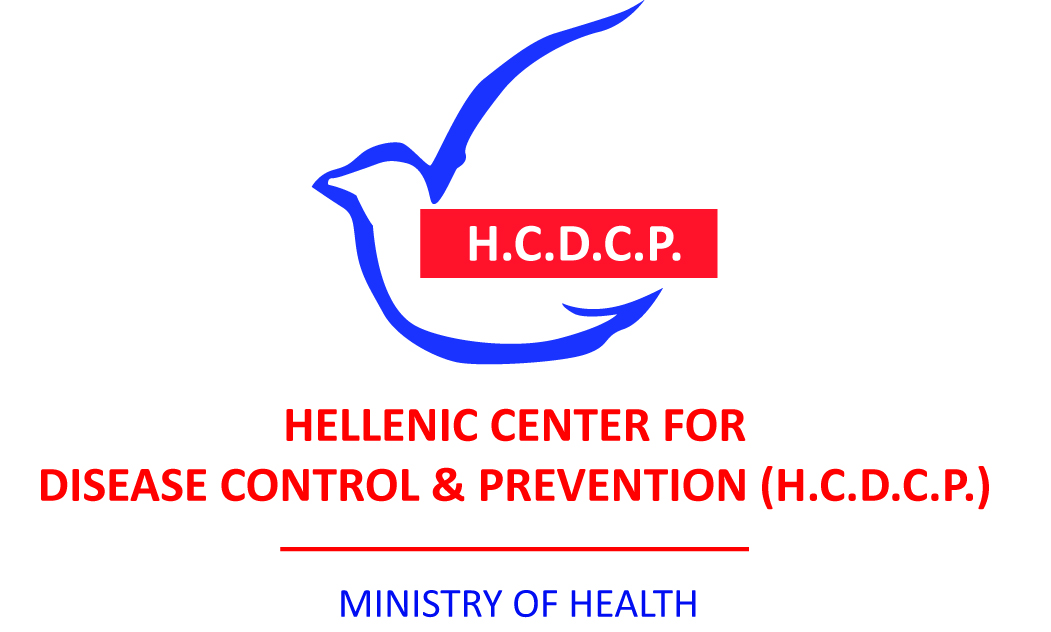After the initial piloting phase of the Personal Health Record (PHR) within the Re-Health action, and in line with the EU Migration Agenda, the New Skills Agenda for Europe - Commission Communication COM(2016) 381 in its part related to the integration of third country nationals and the Action Plan on the Integration of Third Country Nationals - Commission Communication COM(2016) 377, the aim of this project is to consolidate the use of the PHR/e-PHRs as a single tool for health assessments in EU countries and to develop a revised version of the electronic tool after its first piloting phase.
Therefore, the Re-Health2 - Implementation of the Personal Health Record as a tool for integration of refugees in EU health systems - project, has the overall objective to contribute to the integration of newly-arrived migrants and refugees, including those to be relocated, in the EU Member States’ health systems through the utilization of the PHR/e-PHR - a universal EU tool for health assessments that aims at improving the continuity of care, making medical records available to health professionals within and from reception to destination countries, and facilitating data collection to better understand and meet migrants’ and refugees’ health needs as also through supporting and fostering use of and capacity-building of health mediators. Ultimately, the project will contribute to the EU Digital Strategy by demonstrating the feasibility and limitations of such a system, which then can, if positive, be further up taken /taken in to consideration by e-(Health) EU related entities.
The project is sub-divided into three work packages: electronic health database, Consolidation of the use of the PHR/e-PHR, and capacity building, aiming at achieving the following specific objectives:
- To develop a revised version of the PHR/e-PHR to better address EU Member States and migrants/refugees’ needs, after the first phase of implementation and according to recommendations resulting from the piloting within the Re-Health project by month 3 of project implementation while updates and upgrades will be done through the duration of the project;
- To consolidate the use of the PHR/e-PHR with the view to demonstrate the feasibility and limitations of such a system;
- Building the capacity of health mediators, selected among the migrant/refugee population, in targeted countries, in respect to migrants’/refugees’ health needs and the added value of the PHR/e-PHR.
For more information see the project's Infosheet
- Electronic health database
-
Following the first phase of piloting of the PHR/e-PHR within Re-Health and the related electronic health database within the Re-Health project in Croatia, Greece, Italy and Slovenia, and according to findings and recommendations from the Feasibility/Transferability Study conducted within the pilot phase project, the PHR/e-PHR and related electronic platform will be revised to better meet the needs of stakeholders involved in the provision of health care to migrants and the general population (national and regional authorities, civil society organizations, etc.) as well as migrants/refugees’ needs.
In line with the EU Directive 2011/24/EU on cross border health care, the data protection directive (95/46/EC2 and EC/2016/679) and IOM data protection principles, the revision will include - but will not be limited to - the following aspects:
- Automatic translation in minimum two languages according to geographic localization of the user;
- More possibilities to upload and download documents, such as medical test results;
- Additional spaces for follow-up exams and extra lab tests;
- Additional search fields, etc.
For more information on the PHR/e-PHR and the related electronic health database, please see here.
- Capacity building
-
The implementation of the PHR/e-PHR and its related electronic platform, includes capacity building for health mediators identified among the incoming migrants and refugees.
Cultural mediation skills in health care represent the “bridge” between people of different socio-cultural backgrounds and health professionals. Health mediation meets the need of a culturally sensitive approach, by improving access and quality care delivered to migrant patients, by improving communication between health professionals and migrant patients, by increasing the responsiveness of the clinical environment to the socio-cultural and health care needs of migrant patients.
Therefore, trainings on Migration Health for Cultural Mediators will be organized to impart mediators with the necessary knowledge on migrants’ needs in respect to health care and mediation as well as to enable them to understand the added value of the PHR/e-PHR and related database via face-to-face and online training.
Trainings will be carried out in new implementation country at the beginning of the project based on previously developed training modules within previous projects (i.e. Equi-Health or Re-Health) and will not be specifically developed for this project.
In addition, health mediators will also have the opportunity to gain knowledge about migrants’/refugees’ needs through an online course, in addition to the Euro Health Mediator Platform, which will contribute to building the capacity of health mediators in Europe and to allow them to network and exchange good practices with other professionals based in other European countries.
Consolidation of the use of the PHR/e-PHR
The implementation of the Personal Health Record (PHR), and accompanying Handbook for Health Professionals, as well as the related electronic platform, is planned to be continued in the countries where it was initially piloted within the Re-Health project (i.e. Croatia, Greece, Italy and Slovenia) upon their commitment.
The second phase of implementation will consolidate the use of the PHR/e-PHR with the view to demonstrate the feasibility and limitations of such a system.
It will be supported by the employment of trained health mediators, fluent in the main languages spoken by migrants/refugees, by the IOM Euro Health Mediators Platform – a supporting capacity building tool that will also allow networking for Health Mediators – by the provision of essential supplies and portable workstations equipment when/where needed.
- Promotion of the Tool
-
In order to increase the uptake and understanding among stakeholders of the value and advantages of the PHR/e-PHR and similar system, a minimum of three National Consultation Committee meetings (NCCs) will be organized as well as when/where necessary bilateral meetings with key stakeholders involved in the provision of health care for migrants (national/local authorities, hospitals, civil society organizations, etc.) and other authorities indirectly involved.
In addition, liaison with the services of the European Commission responsible for the European Strategy for people-centred digital health and care and the European Health Electronic Health Record (EEHR) will be further maintained through the project duration to be apprised of any new development in the sector.
- Implementation of the New Sites
-
The implementation of the PHR/e-PHR and related electronic platform on its second phase within the Re-Health2 action, will be extended in a minimum three new sites, chosen based on political interest and commitment, areas with high level of recently arrived migrant and presence of established health units/health professionals.
The implementation includes training for health professionals on the utilization of the PHR and related confidentiality information, as well as constant monitoring and liaison with them to ensure effective usage. It will be further supported by:
Needs assessments in each implementation site, summarized in a short report; Recruitment of health mediators when/where needed: the daily tasks of the mediators will be to support the work of health professionals in communicating with patients and explain the process and individual benefits of having a health assessment and the PHR/e-PHR; Training of health professionals and health mediators on the e-PHR; Provision of essential supplies, such as medical devices and hygiene or dignity kits; and Portable equipment, when/where needed.
- Data Collection & Analysis
-
The use of the e-PHR is set to allow the collection of data on migrant population in specific sites within the EU Member States, and through the aggregated data collected, facilitate the identification of training needs and topics, in collaboration with National Authorities and project implementation partners.
The analysis of the anonymised health data collected through the relocation health assessments according to respective countries’ agreed upon protocols, will lead to better knowledge and understanding of migrants’/refugees’ health needs. Furthermore, linking the PHR and the relocation health checks for refugees by printing the health assessments undertaken within the relocation scheme in a PHR format will allow further dissemination of the concept.
More specifically, the use of the PHR/e-PHR and related electronic platform will allow the collection of two types of data:
- On the utilization of the e-PHR, data related to the use of the e-PHR, including number of e-PHR, number of follow ups of same individuals (traceability), general trends and demographics, will be aggregated in a respective Report. Anonymised health data and demographics collected through the e-PHR will be available to health authorities for further analysis.
- Migrants' health status at the moment of relocation and the main health problems identified (upon agreement with DG HOME for the use of aggregated data): Currently IOM MHD is supporting Greece and Italy in relation to the provision of health assessments for migrant beneficiaries of the EU Relocation Scheme within a DG Home project. The established tool for health assessments recording in the relocation project is the IOM MiMoSA platform. Health Data generated according to pre agreed protocols will be complied in a summary report outlining main health problems identified. Within the action Re-Health, the MiMoSA platform was modified to allow for the printing of the PHR in place of the IOM form to include in the relocated migrant’s folder. Such printing set up will be further consolidated through operational support within this action in Greece and potentially initiated in Italy, where the use of MiMoSA for relocation health assessments was initiated in February 2017 and allow further dissemination and buy-in of the concept and action.
- Project Implementation Partners
-



























